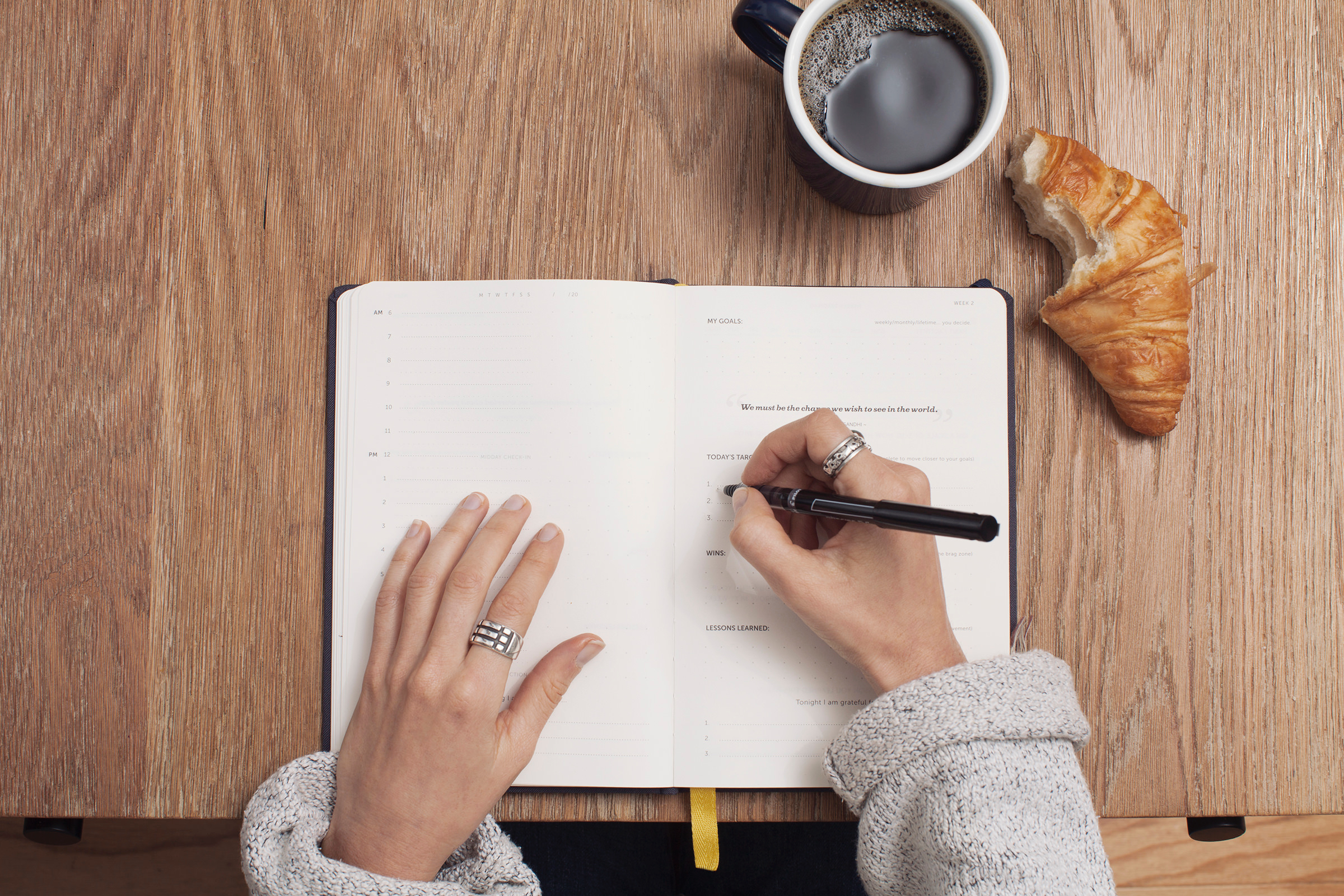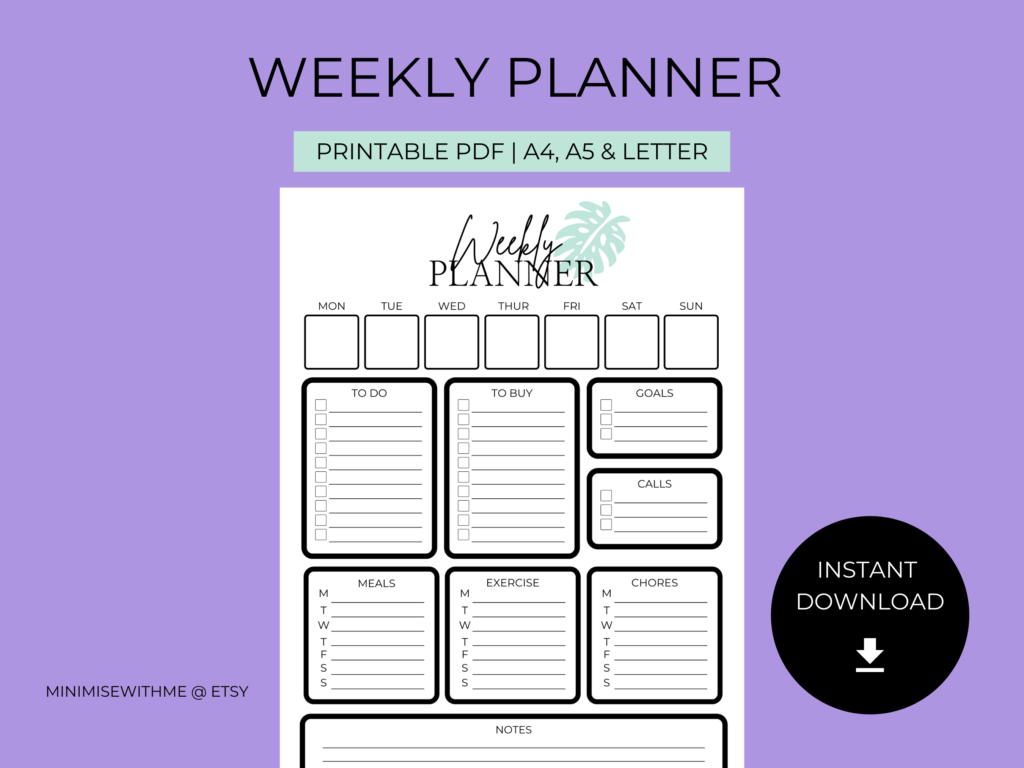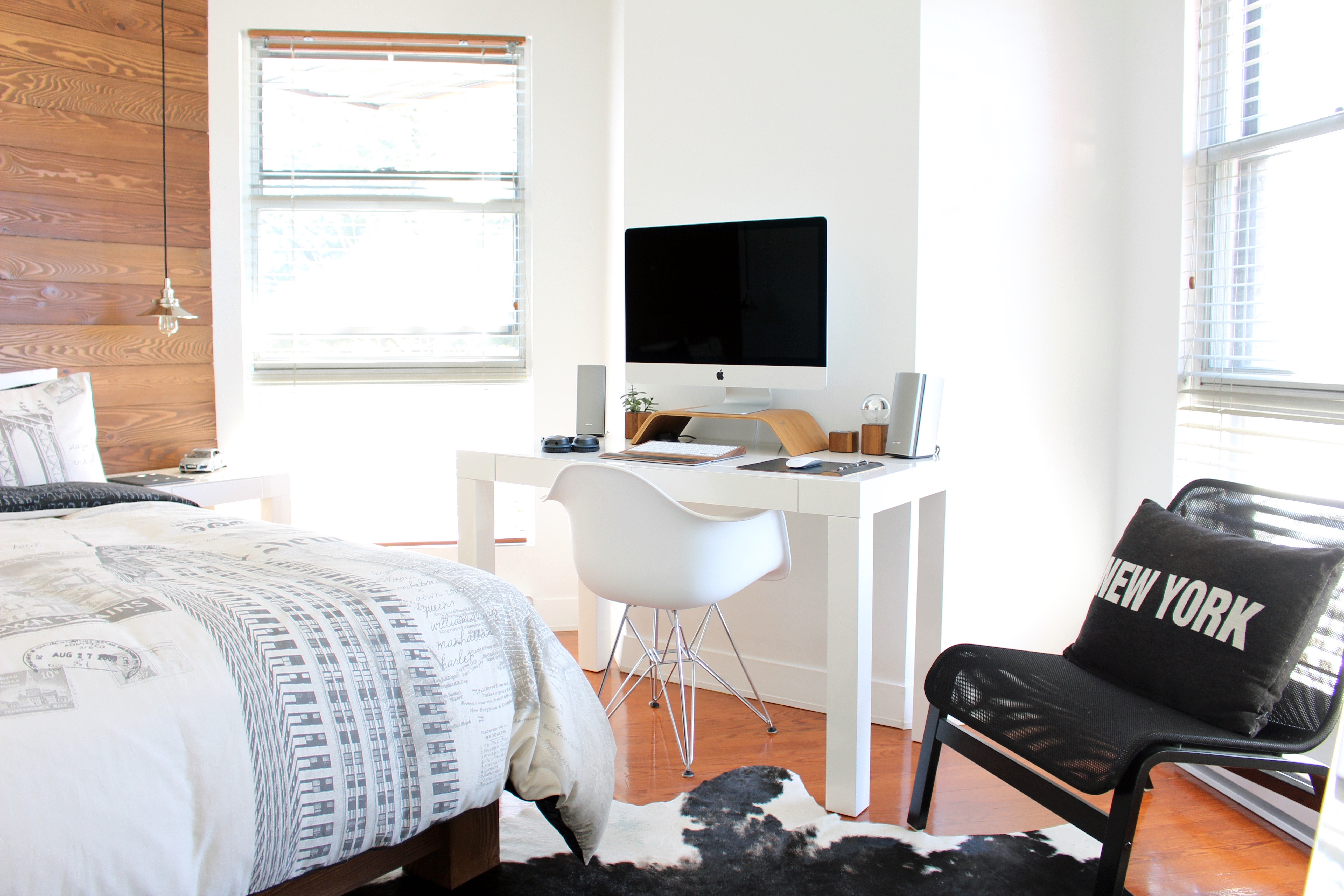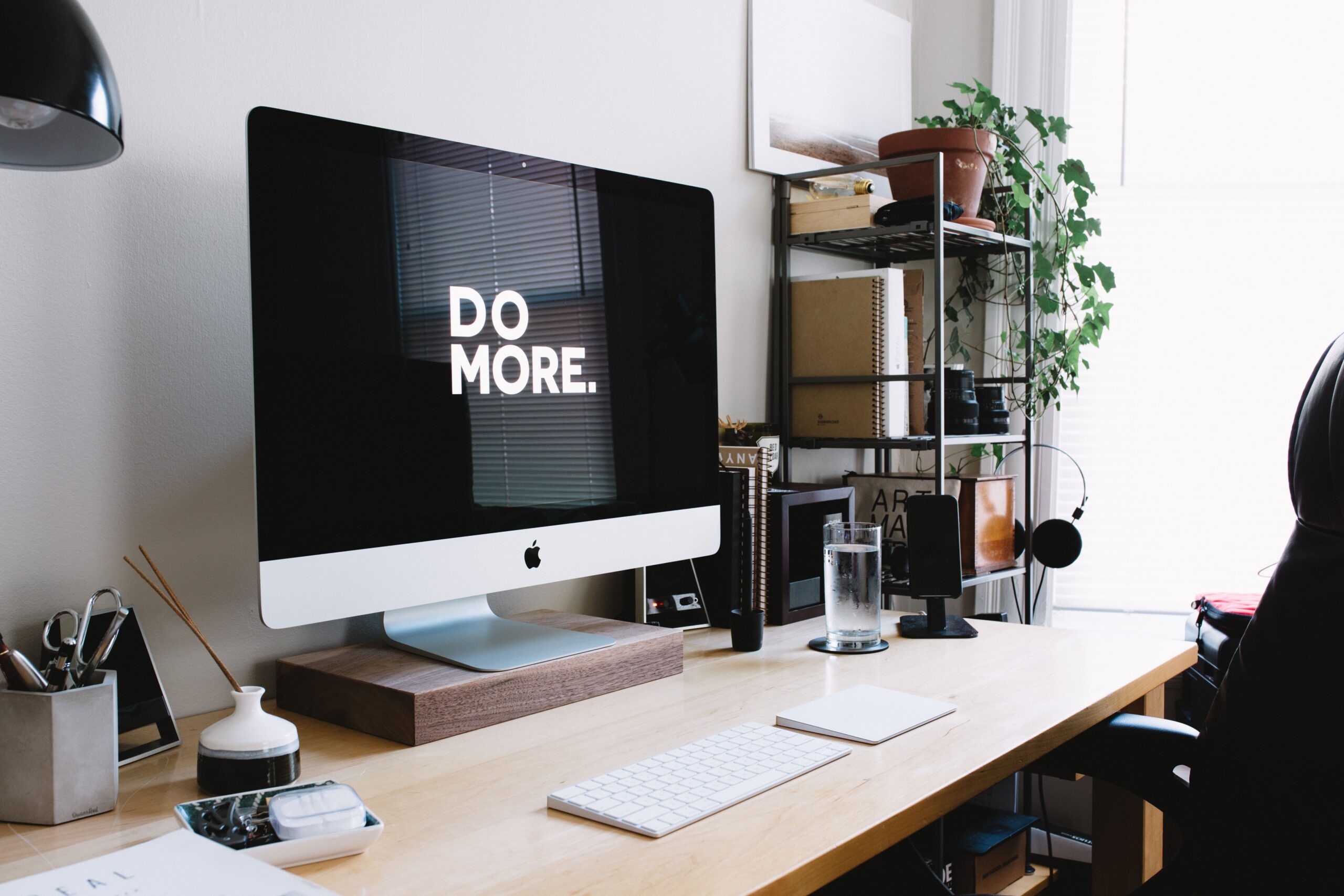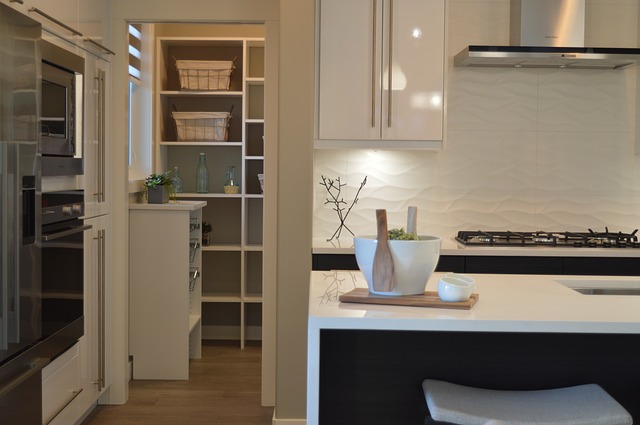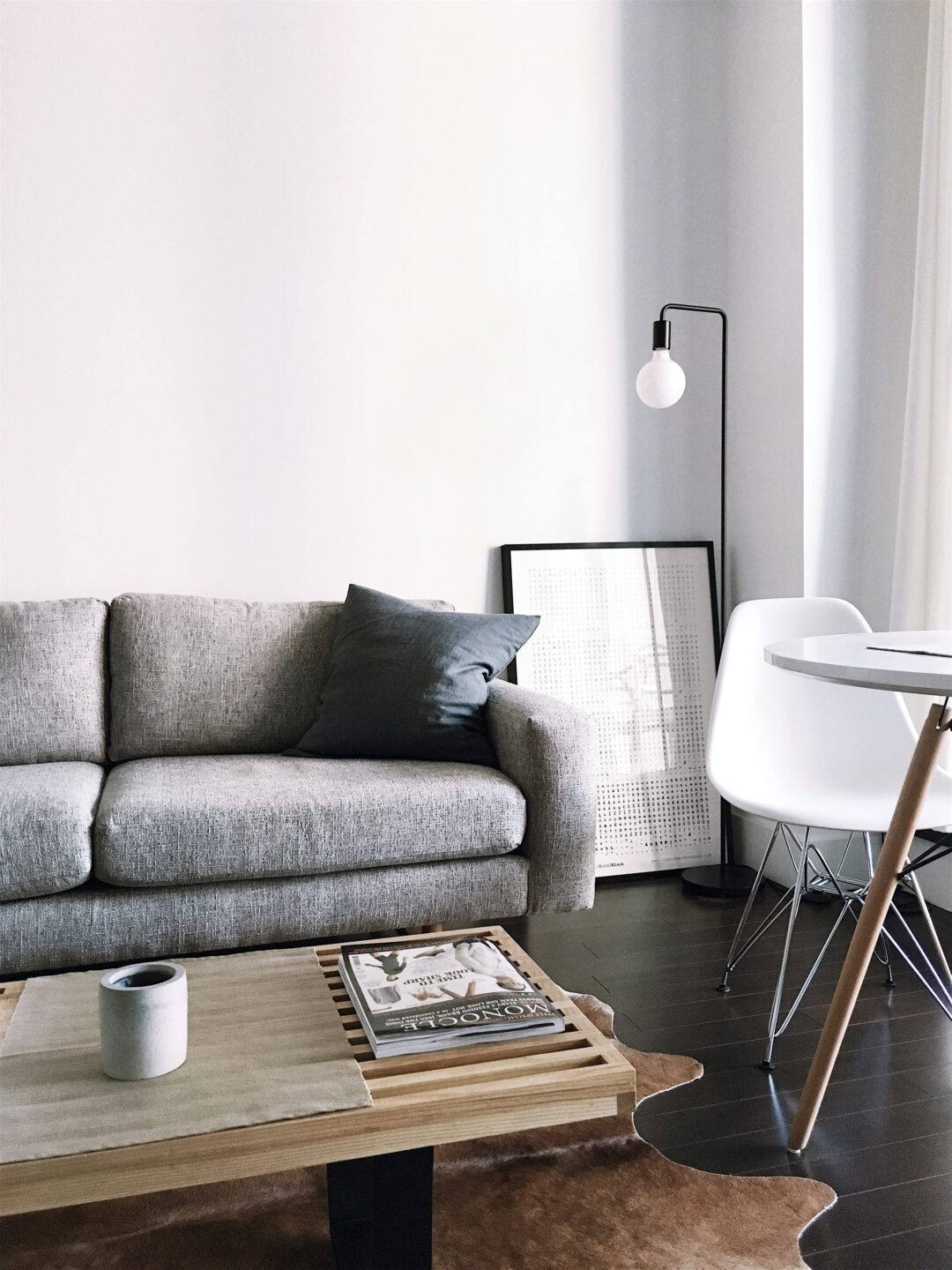Time is a resource that seems to be hard to come by, I rarely hear anyone say I have too much time on my hands. There are only 24 hours in a day, with one-third of them spent sleeping and the other third or more working, which doesn’t leave much of the day to get things you want or need to do done. Our to-do list can be a useful tool to get organised, but sometimes even that can overwhelm us and quickly resemble a never-ending list of unachievable tasks.
For most of us with our family and work commitments, hobbies chores, and everything else it can seem impossible to balance those tasks on top of day-to-day activities and remain productive.
Here are 13 Time Management Tips To Get Organised that have helped me to get and stay organised and accomplish a lot in a limited amount of time.
13 Time Management Tips To Get Organised
1. Write Your To-do List Down.
Whether your to-do list is on your phone, calendar, or notebook, the important thing is to get it written down in some form. If it is all in your head you are putting a lot of unnecessary pressure on yourself to remember what you have to do. Writing it down has the benefit of helping you clear your head and reduce some of that overwhelm. Get that list out of your head and on paper.
Using apps such as Colour Note, Trello, and Google Keep (just a few of my favourites) can be quick, easy tools to jot down your important tasks as you think of them. Besides, there is nothing more satisfying and motivating than ticking off a completed task. Having them in digital form on your phone means that you’ll always have access to them and can update your list as you go.
2. Set Realistic Goals.
If you look at your to-do list and feel overwhelmed by tasks such as ‘paint house’ or ‘write a book’ you’re probably never going to get around to doing those more ambitious goals. Goals like these are too vague and don’t really set out any actionable steps to get you started.
It’s important to break the tasks down and create more manageable, bite-sized tasks that can be achieved in smaller blocks of time to help make your to-do list or project seem less daunting.
Writing more bite-sized tasks on your to-do list like ‘brainstorm book topics’, ‘start first chapter outline’, or ‘research white paint colour options’ will give you some more achievable steps to get you started on your goal.
Once you start setting more realistic, actionable tasks, you’ll avoid staring at your blank page or putting off your dream indefinitely. Every day you can slowly work towards your to-dos and goals.
3. Set a Timer.
If you don’t set time limits on tasks, they can end up taking much longer than you’d initially hoped. This is called Parkinson’s Law, where your work will adapt to fill up the time you set to achieve it in. So if you give yourself a whole day to work on a project that might only require 2 hours, you will likely end up taking the whole day to get it done.
By setting time limits we can help to ensure we are focused and avoid distraction and can mentally commit to starting a task.
Going up against the clock can be a motivating tool to make us want to do our best work, knowing that in an hour or whatever time you have set that you won’t have any more time. It could be as simple as setting a timer for a 10-minute workout and seeing how many exercises you can fit in that time, folding as much washing as you can in twenty minutes, or seeing how many items of paperwork you can file in just 5 minutes.
4. Utilise Small Pockets Of Time.
Most people struggle for time to get what they want and need done. Life is busy and there is always so much to get done in such little time. For this reason, sometimes it can help to step back and reconsider our time and how we can use it better.
Here are some suggestions:
- Could you utilise one of your lunch breaks a week to tackle some of those calls you have been meaning to make?
- At the end of the night can you do a quick fifteen-minute tidy up so the next day you wake up to a clean home?
- Could you turn the TV off twenty minutes earlier to squeeze in a chapter of your book you haven’t touched in weeks? Or use Audible to listen to a book on your commute?
- Whislt you are waiting 5 minutes for your lunch to cook, can you book the tickets to the show you are excited to see? Or quickly fill the dishwasher?
When you start to look for small pockets of time you will find them easier to find and they”ll help you to get more done in your day.
5. Make The Most Of Time Spent Commuting.
The commute to work in my car used to frustrate me. I realised that I was throwing away ninety or more minutes a day, five days a week listening to advertising and radio segments that weren’t really adding any value to my life other than an occasional laugh or news topic.
I decided to find a way to utilise my commute time so the drive to work was less of a chore and I could learn or do something enjoyable.
Here are some of the things I have done over the years to utilise this time.
- I bought a set of Pimsleur German and Japanese CDs and started listening to them on the way to work. Each lesson goes for twenty minutes so was the perfect length for the commute.
- Being in a band, it was often a struggle to make time to practice my vocals, so I started fitting my vocal practice into my commute. Other times I will do my vocal practice on the way to band prac.
- I started listening to audiobooks, podcasts, and Youtube on things that interested me so I could learn as I drove. I recently bought a course that had video lessons so I would listen (no screens, safety first!) to these numerous times whilst driving so that when I had free time, I could focus on getting my “homework” done after completing the video earlier that day during my commute.
Now have a think, what could you do to utilise your commuting time (Of course, that is safe to do so!)?
6. Do Things You Are Passionate About So Being Productive Comes Easier.
When we are procrastinating it’s good to assess what we are doing with our time and ask ourselves if it is something we are really passionate about.
Of course, there are some tasks in life, like cleaning, where we are just not going to be passionate enough to enjoy doing them. But if we can make some tasks in line with our passion, that is always going to be helpful.
If work isn’t something that you look forward to, find out what you need to do to get into your dream job or to get a promotion into a more exciting or challenging role and make a start.
If you hate running but really enjoy aerobics, don’t force yourself to go running each day, substitute that exercise for one you are more passionate about.
If your partner loves cooking but you hate it – have a chat and distribute those household tasks in a way that seems more appealing to you both! My husband is a really good cook , whereas I am an okay cook, but find cooking more overwhelming and I am therefore slower at it, but faster at cleaning so we try and align our tasks around the house with what our strengths are.
Look for areas in life where you can make small or maybe even big changes so you can get more done and maybe even enjoy those tasks a little more.
7. Prioritise Your Tasks
Some years back I read the book ‘Eat The Frog’ by Brian Tracy and loved his advice on tackling the hardest, most important tasks first thing in your day.
Often with a fresh mind at the start of the day, we are better able to focus and make more progress. The last thing you want to do is get to the afternoon and still not have tackled the biggest to-do list item and have that weighing on your shoulders all day.
If the hardest project is also the most important and you have left it to 3pm for a 5pm deadline, you are putting yourself under unnecessary stress and making that task even more difficult to achieve when you are trying to rush through it under immense pressure.
Once the most difficult task is complete, the smaller tasks will seem like a breeze and be easier to knock down with your current momentum.
8. Learn To Say No.
If you are struggling to stay productive and keep up with your goals, you might have too much on your plate. If that is the case, it might be time to start learning how to say no, so you can have more time to prioritise what is important to you.
When we take on too much, over time we can find ourselves neglecting important things such as our health, relationships, or sleep.
It’s important, to be honest with yourself about what you can fit into your schedule. There is only so much time in a day and we can’t help everyone. If something comes up that is just going to add too much stress to your already-packed diary, it’s time to bring out the word ‘No’.
Start with scheduling time for the things that are important to you. Only then should you add any other commitments to your calendar. Some important things that should be at the top of your list to schedule are:
- Sleep
- Exercise
- Self-care
- Family time
- Hobbies
- Holidays
- Work (the hours required to do your job until it is home time)
- Projects that are important to you
Sometimes you might want to help our a friend or family member, just make sure it doesn’t become a habit in your schedule where you run out of time for what’s important to you.
9. Take Regular Breaks.
If you’re really stuck and have hit a productivity brick wall, it’s time to stop what you’re doing and take a break.
Clearing the mind can do wonders for productivity and help kick-start the creativity flow.
If you’re lost for ideas or an answer sometimes after a small break, or even a good night’s sleep the answer pops out at you.
Trying to force your way through something isn’t going to add much. You’ll be surprised how much a 10 minute break can make all the difference.
10. Plan Ahead.
I used to be a bit of a last-minute person and seemed to be constantly stressed because I’d left it to the day to write in a birthday card, wrap a gift or iron my dress for a wedding.
I have learned over time that planning ahead makes life so much easier.
Of course this is something you can work at improving over time and we may always be a work in progress when it comes to planning ahead, but there are ways to get ourselves more organised to reduce the stress associated with life.
If you need a gift for an upcoming event, don’t wait until the day before or day of to look for something. Plan ahead. Buying the gift a couple of weeks out or even months out if that gives you peace of mind, will save you a massive headache running around the shops on a day when you really don’t have the time. It might even help you find the perfect gift as you’ll have the time to research a gift or order something the person will love.
This might be as easy to do as setting yourself a habit of shopping for gifts for the month ahead on the 1st of the month. Or planning on a Sunday night for the week ahead so you can go into the week knowing what you have coming up and can plan accordingly to most suit your schedule.
11. Get Off Your Phone.
There’s nothing more distracting than a text notification going off or flashing in the corner of your eye. Once you see or hear it, it is hard to resist. Before you know it, you’re just having a quick look and the willpower is lost and more often than not you’ve lost all momentum and focus. And the tech industry is just getting better and better at sucking us in (Tik Tok/Reels anyone?)
I can’t count the number of times I unlocked my phone to do something only to hit the Facebook or Instagram app out of habit and realise minutes later that I’d completely forgotten to look at what I’d set out to do.
We can probably all admit to spending a little too much time on social media. It’s fine in moderation, however, if you’re spending hours a day on social media sites without a specific goal, you might be able to reallocate some of that time to doing something more productive.
When you have a deadline or something that requires you to focus, put your phone away, turn it on airplane mode, or on silent and ideally stick it in a drawer somewhere so you aren’t tempted to look at it if you need to help reduce any potential distractions.
12. Delegate.
If your schedule is overloaded and you just can’t seem to get on top of things it might be time to consider delegating. This strategy can work in all areas of our life.
If you are snowed under with housework ask your kids and partner to help out. Even if they all chip in for just 15 minutes a day – or every now and then, it could free up some much-needed time in your schedule. If this becomes a family habit, to all help out that will go a long way to freeing up your valuable time so you can have some free time to enjoy as well.
When you can’t get to the grocery store, do an online shop and get it delivered. Save yourself the time driving to the shop, finding parking, walking down the aisles and waiting in a que! I personally love the option ‘Direct to Boot’ so I don’t have to pay a delivery fee, but just pick up my shopping from the carpark on my way home from work.
If you are completely swamped at work, can you ask a collegue to help you out? Maybe you can offer them the same in return the next time they are swamped.
Consider delegating by getting outside help. If you just don’t have time to clean as often as you’d like or need to, consider hiring a cleaner to come in once a week or fortnight. Or hire someone to mow the lawns once a month so you can have a beach day instead.
Outside help might not be something in your budget that you can afford, but if not, ask ‘How can I afford this’?
Maybe you just need to cut out dining out once a month to fund this additional help. Or maybe you can take up meal planning and use the savings on your grocery budget to fund some outside help.
13. Consider Deleting Things Off Your To-Do List
If you seem to be carrying to-do list tasks forward repeatedly ask yourself if that item is really all that important.
Maybe in the grand scheme of things, it’s just not as pressing to your life at this immediate time. Perhaps you really just don’t have the time to even think about it right now.
You could always come back to it at a later time when you are less busy and more able to dedicate your time to that task. Or, as Joshua Fields-Millburn from The Minimalists recommends, put those things on a ‘Some Day’ list in your To-Do list App or notebook. That way they aren’t staring you in the face day to day, but you know they are there somewhere when you are ready to get to them.
How do you stay organised and productive? Comment with any tips you have found that’s worked for you below.

